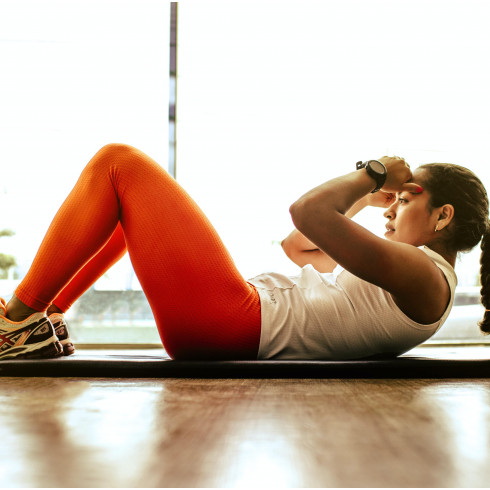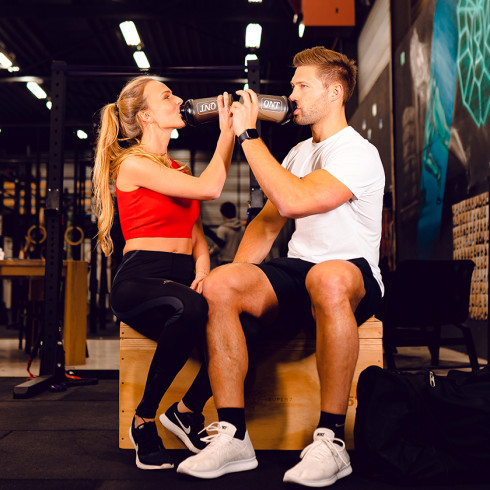Relationship between sports and sleep
Sports and sleep are closely related. Better recovery will increase your sports performance and better sports performance will improve the quality of your nights. But to better understand all this, it is important to know more about sleep itself. This is divided into three parts, light sleep, deep slow wave sleep and REM sleep.
The first phase is when we are about to fall asleep. Our brain begins to send different signals to the bodies that it is about to fall asleep, yawning, heart rate decreases, or the eyes begin to sting.
Then comes the deep sleep phase. This is considered the most important and is the longest part of our night. It is during this period of time that our body will recover the most from our day and, in particular, produce growth hormones important to our body's development.
The last phase is REM sleep. It is during this phase that the brain assimilates most of the information it has gathered during the day.
Once the first phase of falling asleep is over, the night consists of a sequence of deep slow wave and REM sleep cycles.
Benefits of Sleep on Sports
For an athlete, the deep slow wave sleep phase therefore represents the priority and is the one that needs to be reached as quickly as possible, for the longest duration possible. It is during this precise cycle that our body will tend to recover in the most optimal way from all the fatigue accumulated during the day. The production of growth hormones during this phase will result in the repair of your cells, especially your muscle and bone tissue. Whether it is after a long endurance session or an intense bodybuilding session, this hormone will be a great ally in rebuilding your muscles, with the goal of muscle hypertrophy or toning.
Sleeping more and better should therefore become an important goal for anyone looking to improve their performance and could almost be considered an integral part of training.
Benefits of sports on sleep
Luckily, one way to improve sleep is through exercise, a give-and-take relationship. A good physical activity coupled with a healthy lifestyle can only improve, over time, the quality of your sleep. Sport is one of the first steps in improving your lifestyle. Regular exercise will encourage you to eat and drink better, and will also influence the quality of your recovery. Your deep slow wave sleep phase will be longer, your body will produce more growth hormones and your muscles will recover better and better over time. Be careful though, the more you practice sports, the longer your nights will need to be, quality must be coupled with quantity for optimal effects.
Improving the quality of your sleep
Aside from sports, there are other practices that can be implemented for a more complete recovery. Consider having a nice, dark and quiet environment around your bed. Also avoid consuming energy drinks such as coffee from late afternoon, drinks such as herbal teas are preferred. Also, try to limit the use of screens as much as possible during the few dozen minutes before sleep.
When to exercise?
Sports therefore improve the quality of our sleep, but it is not to be practiced at any time. A big session just before going to bed will have totally opposite consequences to what we are trying to accomplish. When we are about to fall asleep, the body temperature tends to drop in order to calm the nervous system and our body in general. Since sports have the effect of increasing your heart rate and internal temperature, this extra energy will excite your body, preventing you from falling asleep easily and greatly degrading the quality of your night.
Then think about favoring morning workouts or, at most, a few hours before the time you go to bed. If you have no choice but to work out right before bed, then consider doing calmer workouts like yoga, stretching or walking.
Pushing recovery further
To push recovery even further, there is nothing to stop you from consuming various supplements throughout the day that will clearly improve your overall health. The daily consumption of vitamins will allow, in addition to improving your immune system, to facilitate the task of your body when it has to recover from the efforts accomplished during the day. Consuming BCAA's during and after your workout can also be a great asset!
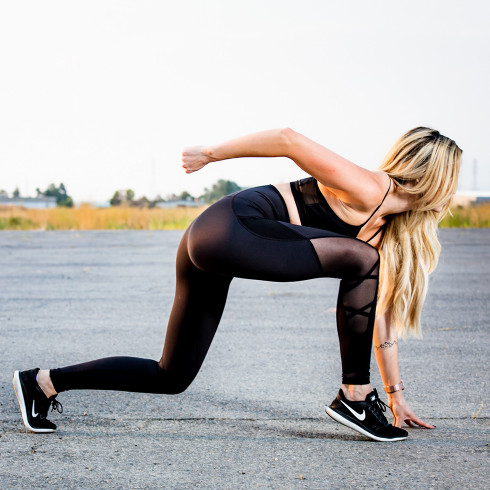 Looking thinner but at a heavier weight? Is that possible?04/10/2021Posted in: Our tipsAdvertising has shaped our thinking! We have been forced for years to believe that losing weight is the key to having...Read more
Looking thinner but at a heavier weight? Is that possible?04/10/2021Posted in: Our tipsAdvertising has shaped our thinking! We have been forced for years to believe that losing weight is the key to having...Read more Proteins for weight loss !29/12/2023Posted in: Our tipsDive into the fascinating world of proteins and their key role in weight loss. Discover how to choose the best...Read more
Proteins for weight loss !29/12/2023Posted in: Our tipsDive into the fascinating world of proteins and their key role in weight loss. Discover how to choose the best...Read more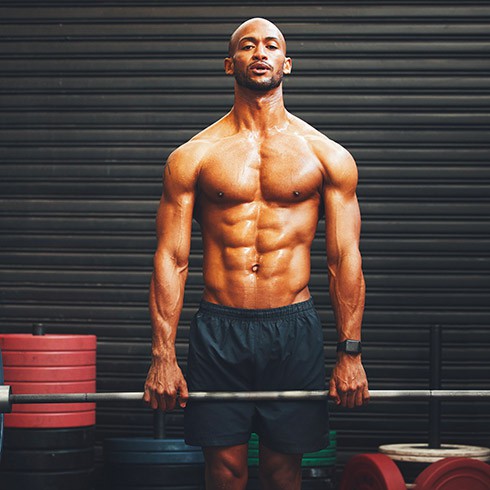 10 BENEFITS OF GLUTAMINE.02/01/2024Posted in: Our tipsDiscover the power of L-glutamine, an underrated superhero in the world of amino acids! Essential for revitalizing...Read more
10 BENEFITS OF GLUTAMINE.02/01/2024Posted in: Our tipsDiscover the power of L-glutamine, an underrated superhero in the world of amino acids! Essential for revitalizing...Read more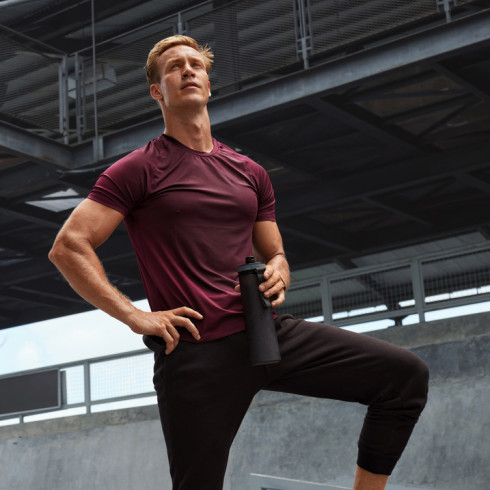 Which foods boost testosterone levels ?07/05/2021Posted in: Food supplementsTestosterone, often associated with virility, has much more to offer than you might think. It plays a crucial role in...Read more
Which foods boost testosterone levels ?07/05/2021Posted in: Food supplementsTestosterone, often associated with virility, has much more to offer than you might think. It plays a crucial role in...Read more Is there a link between sex and sport?14/11/2019Posted in: LifestyleMany have already asked questions about sex and sport. Most of the time, people want to be reassured by the many...Read more
Is there a link between sex and sport?14/11/2019Posted in: LifestyleMany have already asked questions about sex and sport. Most of the time, people want to be reassured by the many...Read more
.jpg)
